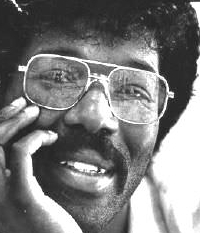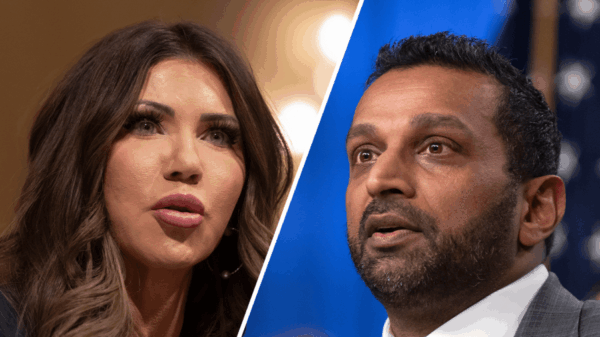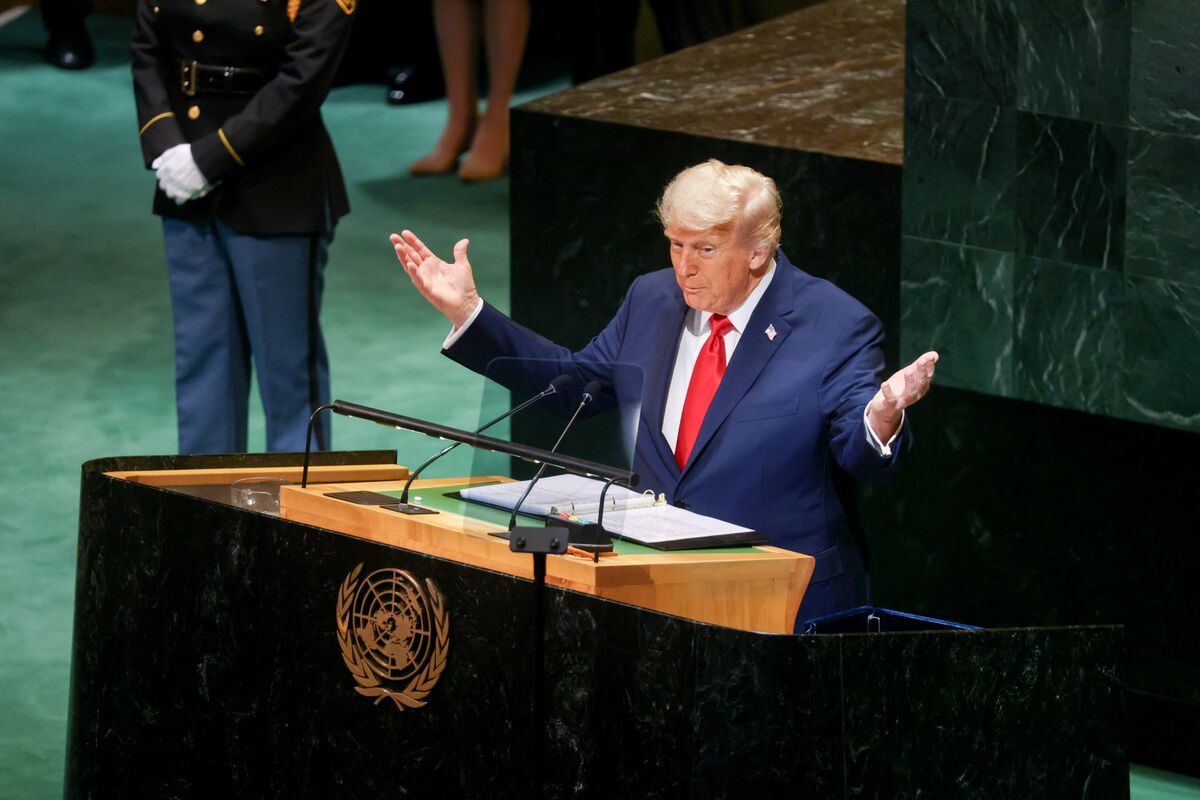Donald Trump, the former President of the United States, has publicly asserted his belief that winning the Nobel Peace Prize would symbolize significant recognition of U.S. leadership on the global stage. He stated that failing to secure the award would be “a big insult” to the country. This declaration has sparked considerable dialogue, particularly among officials in Norway, who express concerns regarding potential backlash should Trump feel disappointed by the outcome.
In recent remarks, Trump highlighted his administration’s efforts to broker peace agreements in the Middle East as a strong basis for his candidacy for the prestigious award. He specifically referenced the Abraham Accords, which normalized relations between Israel and several Arab nations, as a pivotal achievement. Trump’s comments came during an interview on July 5, 2024, where he elaborated on his vision for international diplomacy.
Concerns Among Norwegian Officials
Norwegian lawmakers and officials have voiced unease about the implications of Trump’s statements. Some fear that if he does not win the prize, it could lead to diplomatic tensions between the U.S. and Norway, where the Nobel Committee is based. The award, established by the will of Alfred Nobel in 1895, is intended to recognize individuals or organizations that have made significant contributions to peace.
Trump’s pursuit of the award marks a departure from traditional norms surrounding nominations and public discussion of the prize. Typically, nominees remain confidential, and public campaigning is discouraged. This shift has prompted debate within political circles in Norway and beyond regarding the sanctity of the award.
The Nobel Peace Prize Process
The Nobel Peace Prize is awarded annually, with nominations closing on January 31. The committee, composed of five members appointed by the Norwegian Parliament, evaluates candidates based on their contributions to peace efforts. The winner is announced in October. As of now, Trump’s nomination status remains unconfirmed, but his comments have undoubtedly rekindled interest in the award’s criteria and selection process.
Trump’s assertion that a failure to win would diminish U.S. prestige reflects a broader narrative about America’s role in global diplomacy. Supporters of the former president argue that his administration’s actions in the Middle East warrant serious consideration for the award. Critics, however, point to controversies and challenges faced during his tenure, questioning the appropriateness of his candidacy.
The discourse surrounding the Nobel Peace Prize continues to evolve, influenced not only by individual candidates but also by the complex interplay of international relations. As the nomination period approaches, the implications of Trump’s statements will likely resonate beyond Norway, affecting perceptions of U.S. diplomacy on the world stage.








































































